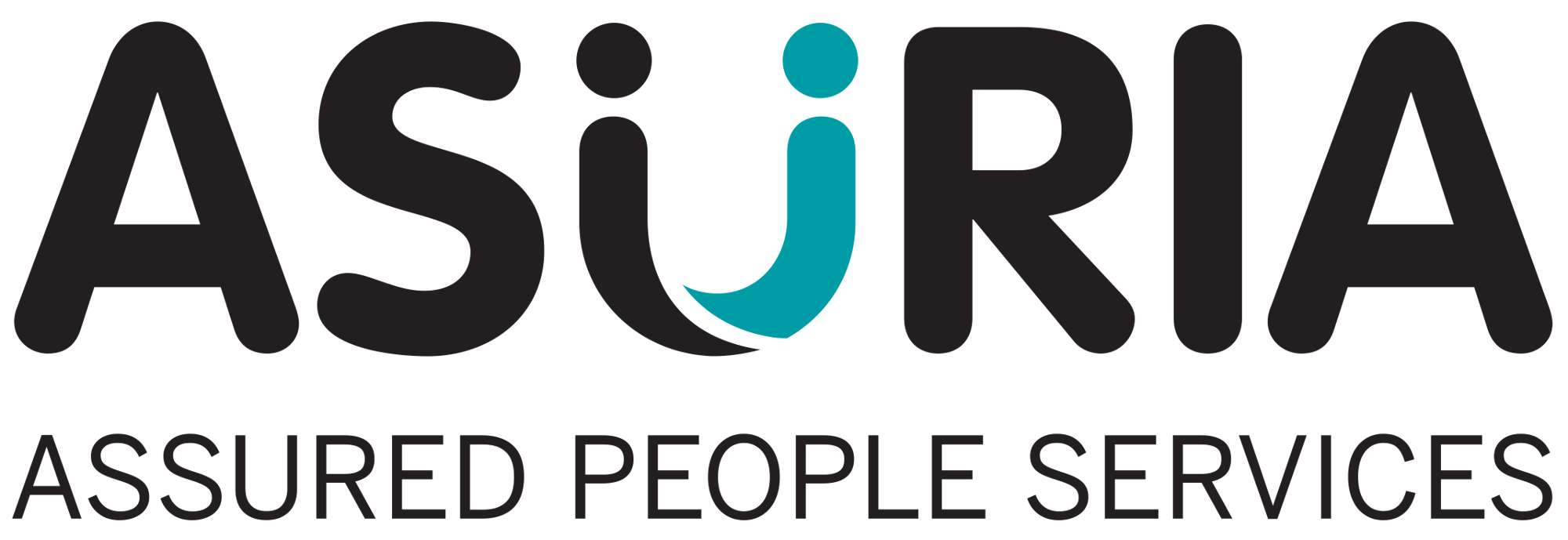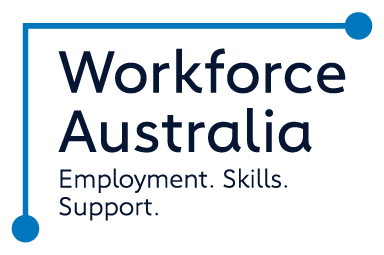Image: Con Kittos, Executive Chairman, Asuria
With the emergence of ChatGPT, and other freely available artificial intelligence tools, resumes and CVs can no longer be relied upon to provide a true and fair reflection of job candidates’ employment potential, and should therefore be removed from the recruitment process immediately, says Con Kittos, Executive Chairman of leading government employment services provider, Asuria.
Asuria has long argued that, in the modern employment environment, resumes have already been rendered ineffective, providing unsuitable candidates with the ability to misrepresent their capabilities, while seeing those with legitimate gaps in their employment history, or those living with a mental or physical disability, judged unfairly by conscious or unconscious biases.
With the emergence of AI into the mainstream, Asuria believes it is now patently evident that resumes and CVs can no longer be relied upon by employers to represent a job candidate’s true potential, and urges all hiring manages to strongly reconsider their use as part of the hiring process.
While not inherently malicious, the proliferation of artificial intelligence tools - freely available to anyone and everyone with access to a computer and an Internet connection – means that candidates are able to present a much higher level of writing ability than they possess, thus misleading the employer and misrepresenting their suitability for a given role.
Furthermore, with the emergence of platforms like ChatGPT, caution should be exercised over algorithms’ ability to further exacerbate, entrench, and perpetuate existing biases with regards to gender, race, age, and socio-economic status.
All of this means that the ability of businesses to be able to identify and guard against some candidates’ willingness to gain an unfair advantage over others through the AI-assisted manipulation and distortion of resumes and cover letters, will become increasingly difficult.
To address the this, Asuria encourages employers to refine and improve their hiring practices by moving away from relying on resumes, and by focusing their applicant inquiries on the core competencies for work, or what some call transferrable skills.
The 10 core competencies for work are skills needed to do a job well. These include having good communication skills, working as part of a team, problem-solving skills, good decision-making and planning abilities, the ability to use technology, understanding customer needs and expectations, being able to manage time and resources effectively, taking initiative and showing leadership qualities, and being able to think critically. Hiring managers should be encouraging their employment service providers to provide a summary of a candidates’ suitability using the 10 core competencies for work.
Hiring manages should also focus their selection processes on what should, or could, be learned on the job, and work on understanding whether candidates can learn on the job.
Unless the application of artificial intelligence to the creation of resumes and cover letters can be effectively addressed, these methods of assessment will soon be obsolete.
It’s therefore time to move away from resumes and cover letters and move to core competencies and skills that can be learned on the job, and in doing so, access the more than one million unemployed and underemployed in Australia ready to get to work.
Finally, while Asuria does not oppose the integration of new technologies with the potential to improve the experiences and outcomes of candidates and employers, we urge and encourage the technology sector to engage in ongoing consultation and collaboration with business leaders and employment experts to ensure that the integration of AI supports those whose job and career goals could benefit from greater emphasis on a strengths-based approach to employment, while taking care not to provide unfair advantages to those unsuitable for roles AI might assist them in obtaining.







